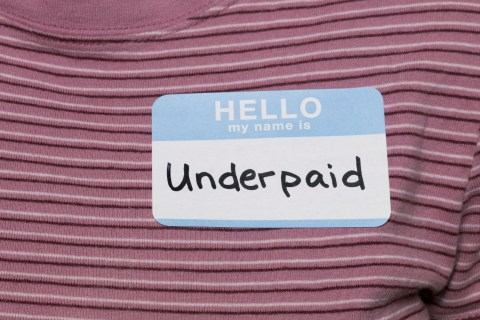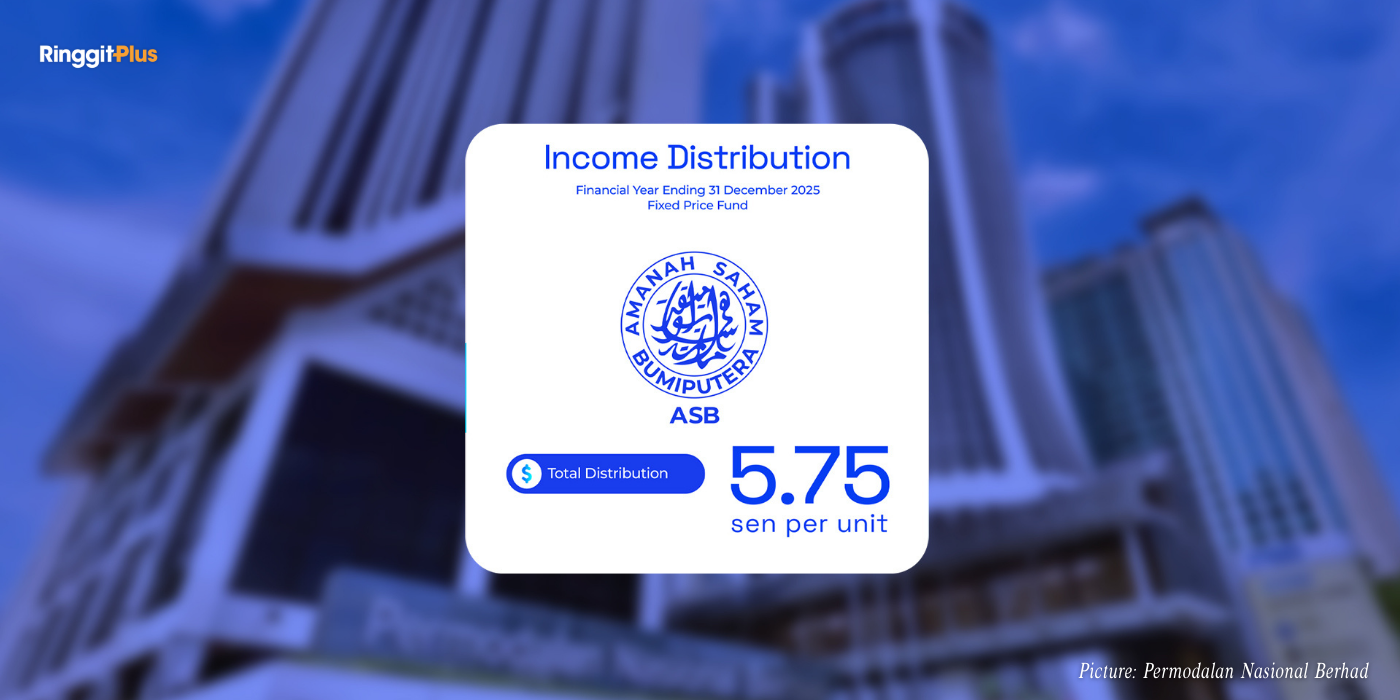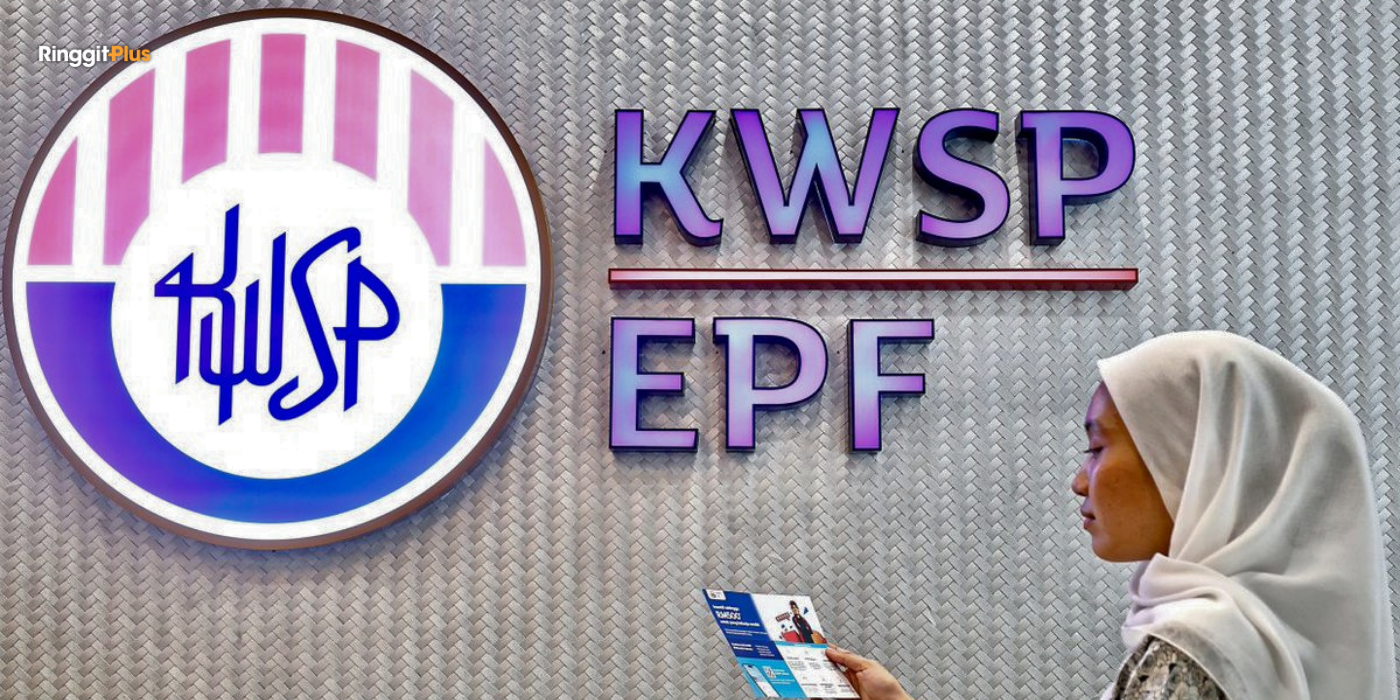Diana Chai
15th January 2015 - 9 min read
In your life as a working, financially independent Malaysian; you may have no doubt come across some one or the other saying one of these things to you as if it’s the gospel truth about money and finance. Whilst every one one of these prevailing bits of advice will have a nugget of truth imbedded somewhere in it; much like Chinese Whispers; it may have been convoluted along the way by inaccurate retelling; maybe had an ’embellishment’ or could just not apply in this day and age. But we have little else to fall back on. Most of the financial resources we have available come from the US or UK – it’s no wonder we continuously hold the death-grip on these Malaysian Money Myths as if they are the only way.
These ideas are ingrained in most Malaysians – including most of us in the content team until we started at RinggitPlus. Check out these common money myths that unfortunately, doesn’t hold up very well in our current reality.

1. Mortgages are Cheap
I guess this depends on your definition of cheap. Mortgages may give you numerically lower interest rates when compared to other consumer loans (usually 4.5% on a reducing balance compared to car loans which are 4.4% on a fixed level) but the usually large amounts and longer repayment makes it far from being ‘cheap’. This situation is expounded when people take additional amounts to pay off their house insurance (MRTA or MLTA); renovations and furniture purchases. The idea that a home loan is cheaper than a credit card or personal loan pushes them to apply for additional amounts for these extras and what inevitably happens is that that RM2,000 couch has accumulated another RM2,000 in interest over the 30 years you took paying it off. And the couch probably lasted only all of the first five years of that loan.
Perhaps the reason this idea lives is because of low percentage; but once you’ve done the math; it gets hard to call an interest charge of RM130,000 (estimated interest charge at today’s rate on a RM280,000 loan) accumulated over 25 years ‘cheap’. Are home loan interest rates lower than other consumer loans? Yes, and that’s because of the huge collateral you’ve put on top of it (your house!) but does a low rate make it cheap? Not so much.
Reality Bites: Okay, so loans aren’t cheap but we’re not multi-millionaires who can afford homes on cash! Heck, even with loans some of us struggle. True; we need home loans but maybe it would help not to use your home loan for other items like furniture and kitchen renovations. In fact, a 7 year personal loan even at a higher interest rate may end up being cheaper if you pay it off quickly. For example; taking a personal loan of RM100,000 to pay for your furniture and renovation with 9% interest rate and the max tenure of 7 years will see you paying RM63,000 in interest. A top-up on your home loan for the same amount at half the interest (4.5%) will see you paying RM82,000 in interest after 30 years. Lower rate; yes but at long tenure- not cheap.
2. All Contracts “Are Standard”, So I Don’t Have to Read the Terms
Have you ever wanted to read your credit card sign-up form or your hire purchase loan agreement in detail only to have the bank officer or agent hurry you along saying “Ayaaaaa, no need to read all that, wan. These contracts all standard.” In the first place; few of us actually question what ‘standard’ is much less why the contract being ‘standard’ means we don’t have to read it. The result is, many Malaysians really do listen and opt to just skim over the fine print. What then happens is we end up signing off on things we don’t really want or worse; have no idea what we signed off on.
Reality Bites: The ‘standard’ contract cry probably meant that the form does not deviate from usual industry forms on the subject matter but if you aren’t a conveyancing clerk reading Sale & Purchase Agreements everyday; or a bank clerk typing up hundreds of home loans; you probably aren’t familiar with everything that is contained in a standard contract for it’s purpose anyway. This is why it pays to read it thoroughly. Also, with a lot of new types of banking products in the market, it is possible that the form you remember from a couple of years ago is no longer industry template. Reading takes a bit more of your time but we cannot stress enough how important it is especially when signing on for new banking products.
Also, if you do read and find a term you are uncomfortable with; you will be able to address the issue with the other party.
3. Having Children is the Best Retirement Strategy
Asian Filial piety makes many a parent in Asia (not just Malaysia) assume that they don’t need huge retirement funds – all they need to do is have children. They even pass on this nugget of advice to their adult children – “Why don’t you have children? Who’s going to take care of you when you are old?” It’s by no means a bad practice and we are all for children taking care of their parents in old age but lately, tough economic conditions, low wages and high inflation is making it almost impossible for many offspring to carry out this expected duty. The average young exec today earns approximately RM3,000 – RM4,000. With costs of living increasing; wages stagnating and property being out of reach for these youths; so many young people can barely afford to support themselves much less aging parents with high medical bills. It’s not that they don’t want to; it’s just that they can’t even though so many make a valiant effort out of trying.

Reality Bites: Young executives are taking longer and longer to move out of their parent’s home and live independent lives. The prices of property just don’t allow them that ‘luxury’. Unable to build their own lives; it’s going to be a tall order to expect them to support not one but two aging parents (unless there are multiple siblings to help). There are no guarantees that the youth of the future are going to fare much better and whilst that uncertainty hangs in the air – perhaps the best thing to do is to actually have a retirement plan that involves saving more. Childbirth can always be Plan B.
4. “My Uncle/Grandfather/Best Friend’s Aunty Twice Removed Recommended This Product so it Must be Good”
We Malaysians love taking the advice of people close to us. We will buy almost everything they recommend. This social buying trend is heightened with the introduction of social media. You don’t even need to meet your girls at the kopitiam to trade tips – you can just click share. “Hey, check out this awesome insurance policy!” And with that, you click buy. The problem isn’t that your friends or relatives are out to cheat you – they may genuinely think/believe the product to be the best ever. The problem is; if they haven’t done enough market research, it’s possible they don’t know every product in the market to know if this is the best. Secondly, financial attitudes and needs vary – what may be the perfect product for them, may not be for you.
Reality Bites: We all love to share when we feel we’ve found a great product or service and the process isn’t just welcome; it’s the backbone of many a successful business. But buying a policy or applying for a banking product is a lot less like trying out a recommended restaurant and more like an arranged marriage to a stranger (wait, do we still do that?). It’s a big decision and one you should carefully weigh before committing to (the banking product; not the marriage – that isn’t really our forte). Best to compare (hey, like on our site!) and do the necessary question-asking at the bank before you sign up.
5. “If You Don’t Have a House/Investment Portfolio/Personal Financial Advisor by the Time You Are 30; You Are a Failure
…and will be selling RM0.99 garments in sweatshop factories at age 60 to make ends meet. Or something equally dire and exaggerated. This is not s much a Malaysian idea but one we seem to lately have borrowed from generic internet advice. Ideals are great on paper and generic advice is great when you’re “playing safe”. But as we spoke about such goals in our article on turning the big 3-0 last week; expectations like these are rarely helpful. Is it good to be a pro investor raking in moolah? Of course it is. Is it then awesome to have a personal financial advisor to help you count and plan your weekends with all this moolah? To be sure! Would it be over the top grand to do all of this in your very own penthouse in Mont Kiara? Sign me up! But should you buy a house when you’re not financially ready for it; invest money you don’t have much of with no investment know-how and hire someone you can’t afford to pay just because someone was of the opinion that “it is time?” No, absolutely not.
Reality Bites: Not everyone earns enough to be able to afford a house at 30. Not everyone is savvy with investing nor has the funds to risk. It doesn’t mean there’s something wrong with you or that you have no options. Very few Malaysians actually have all these things people talk about in lofty advice columns. If you practice prudent money management: saving, budgeting and spending wisely – you’re doing it right already.
That’s the top 5 we could think of. Do you have anymore Malaysian money myths you’d like to debunk? Let us know in the comments.









Comments (0)